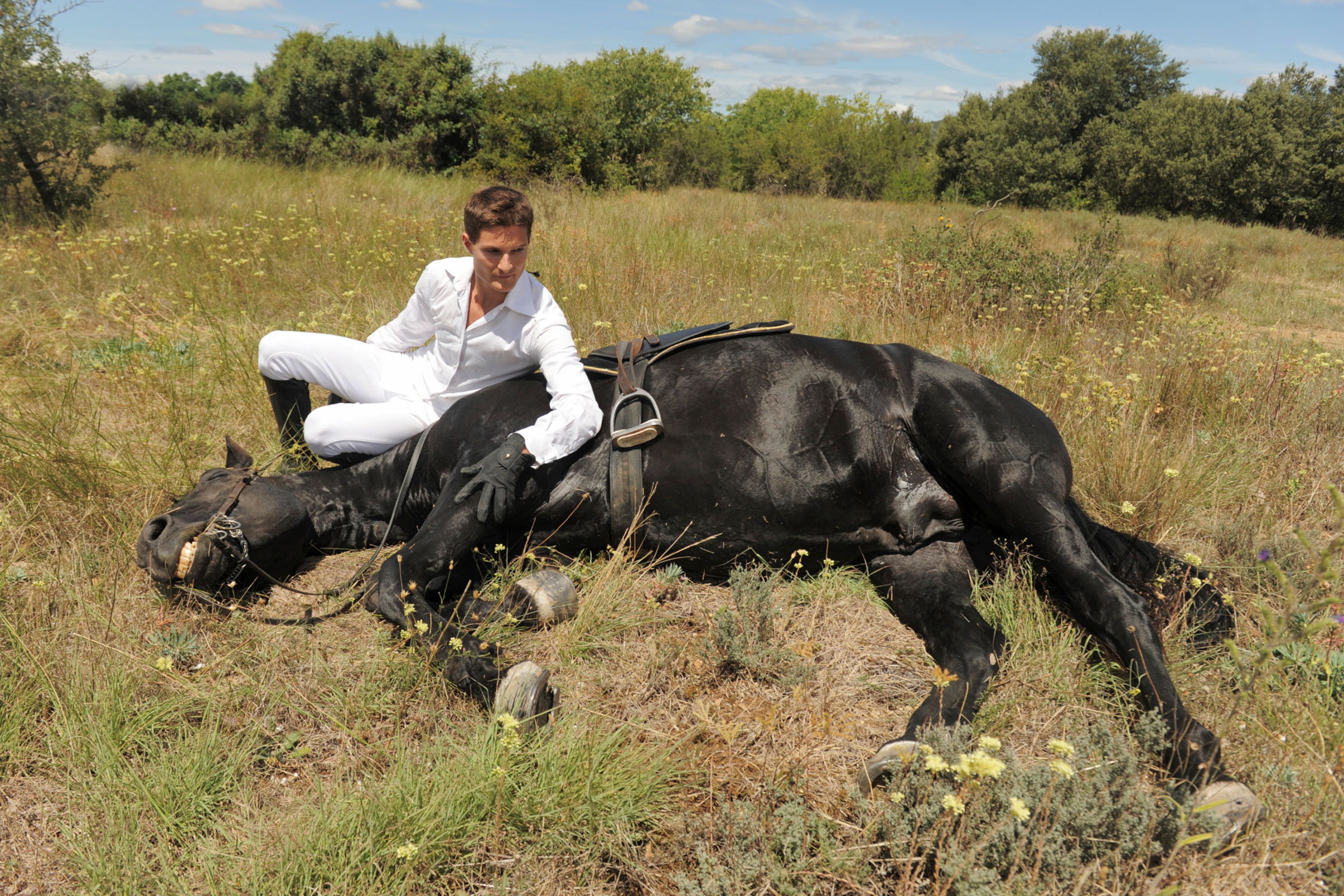
Your boarder has allowed a friend to ride his or her horse and duly notified the stable of this permission. Both boarder and “friend” signed the stable’s liability release. Both releases waive the right of boarder and friend to sue the stable for injury to themselves or to the horse.
But what happens if the horse is injured while under the guest’s care? Does the guest have the legal right to seek, or refrain from seeking, emergency medical care? What liability does the stable owner have in these emergency decisions?
A detailed boarding agreement in this scenario becomes invaluable. The agreement should indicate the stable has the ability at all times—if the owner cannot be contacted—to secure whatever medical treatment is deemed necessary for the well-being of the horse (including surgery), with the owner accepting financial responsibility. Alternatively, the form can indicate should the owner refuse the treatment, the owner accepts the possibility of worsening the condition, or even risking death of the horse with no liability to the stable.
Similarly, any long-term use of a horse by a guest or a third party should be covered by a lease agreement between the owner and the person leasing (“the lessee”), with a copy provided to the stable. This agreement should identify what the lessee can and cannot do with respect to emergency treatment and who is financially responsible. The lease agreement also lets the stable know the parameters of the agreement and provides clarity—ahead of time—for accidents that might occur on premises.
Lacking such documents, emergencies involving third parties with unclear authority can place the stable owner in a precarious legal situation. Control it by requiring boarders to either refrain from third party leases or alternatively, requiring copies of the lease to be provided to the stable before a guest can use a boarder’s horse.
For more information contact Denise Farris, Perry & Trent, LLC. 13100 Kansas Avenue, Suite C, Bonner Springs, KS. Ph: 913-441-3411; denise@perrytrent.com.
This article provides general coverage of its subject area. It is provided free, with the understanding that the author, publisher and/or publication does not intend this article to be viewed as rendering legal advice or service. If legal advice is sought or required, the services of a competent professional in your state should be sought. The publisher and editor shall not be responsible for any damages resulting from any error, inaccuracy or omission contained in this publication.
